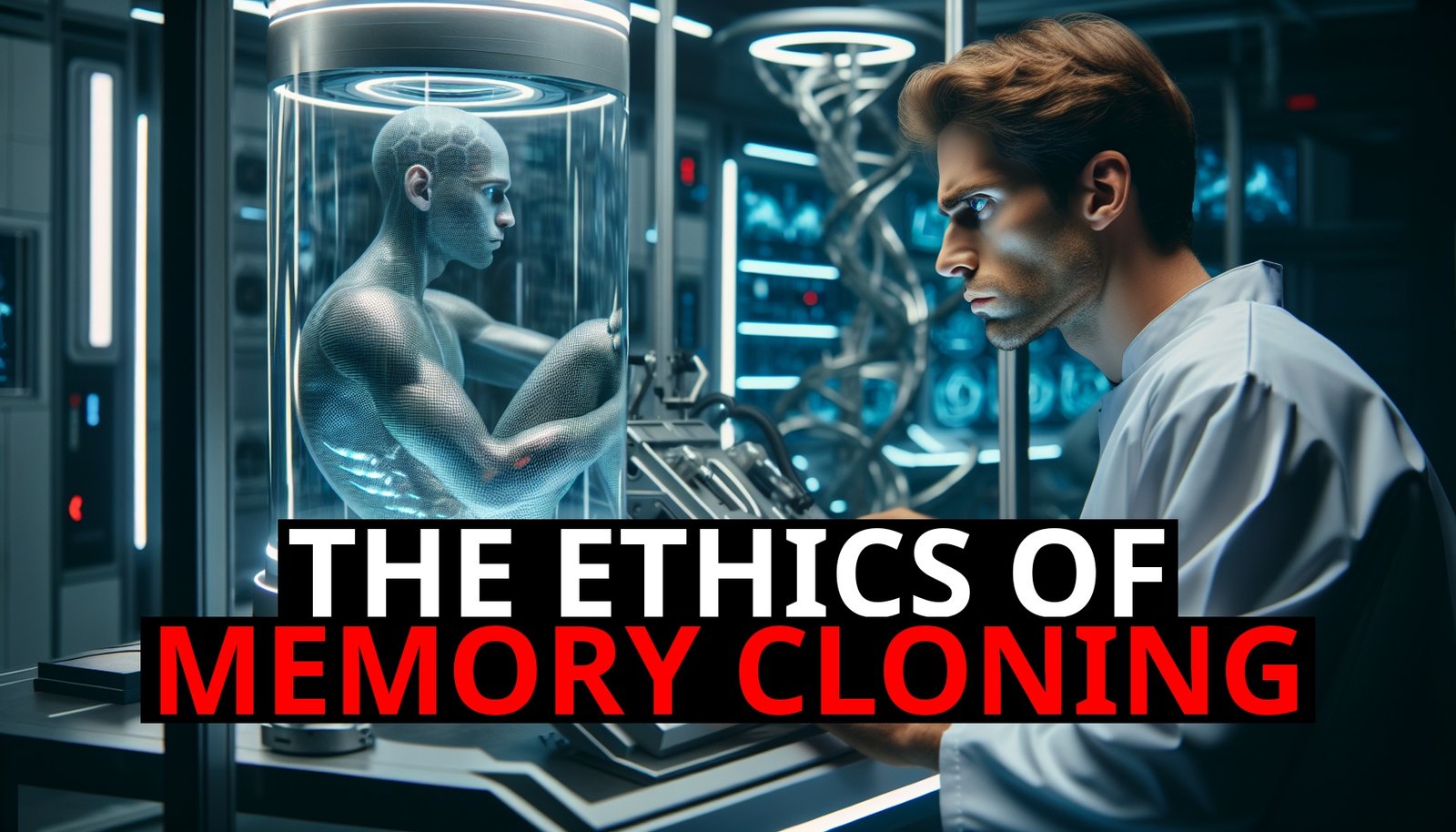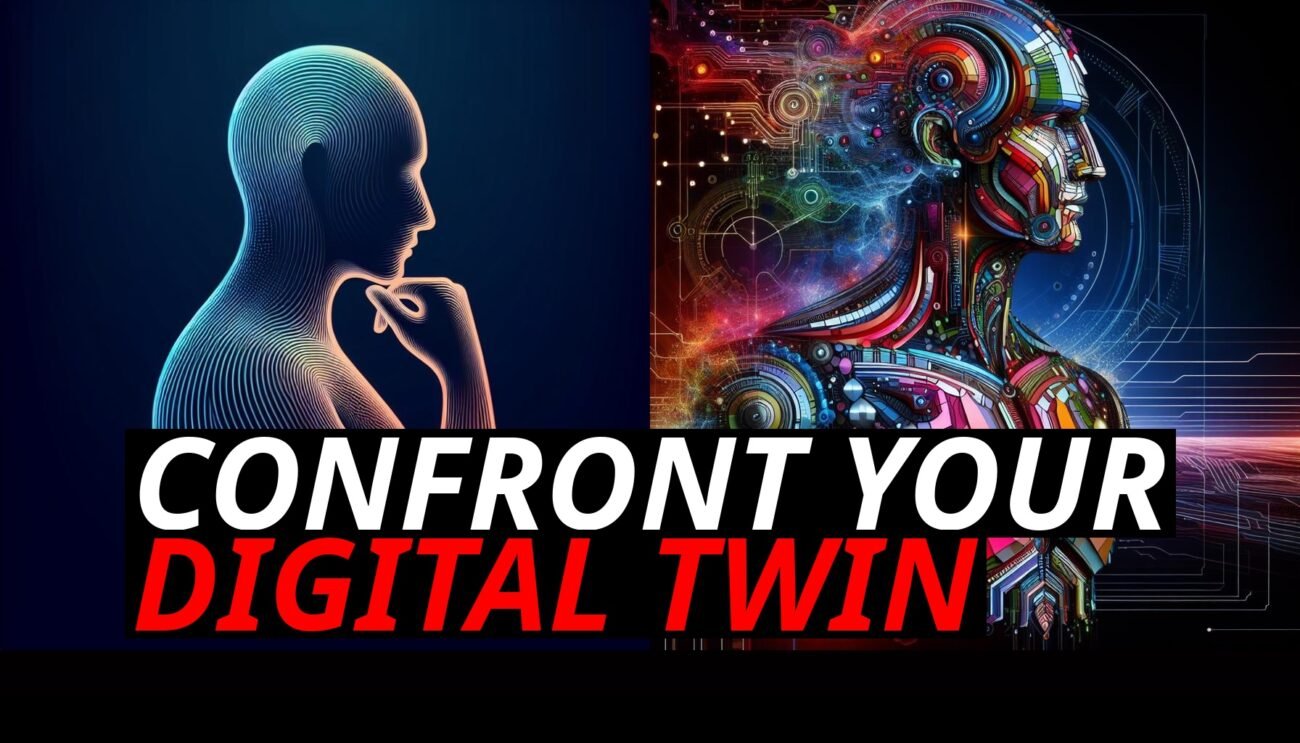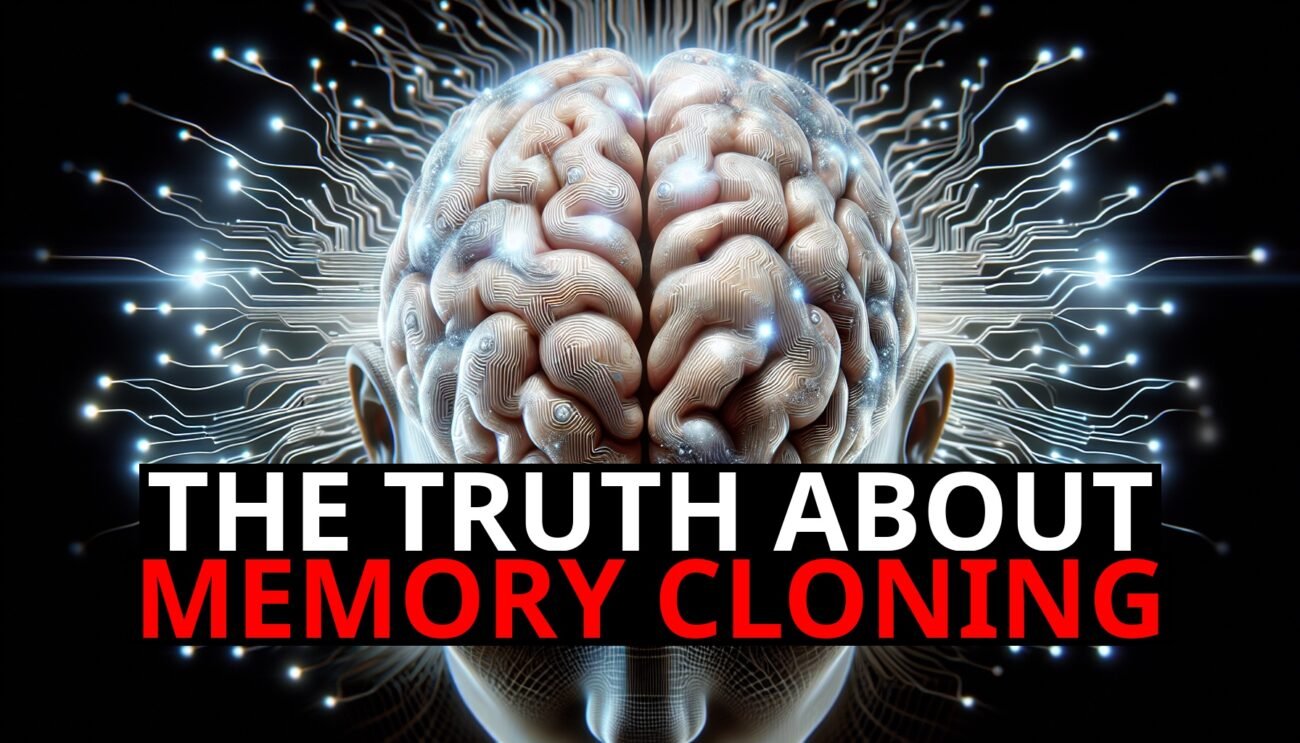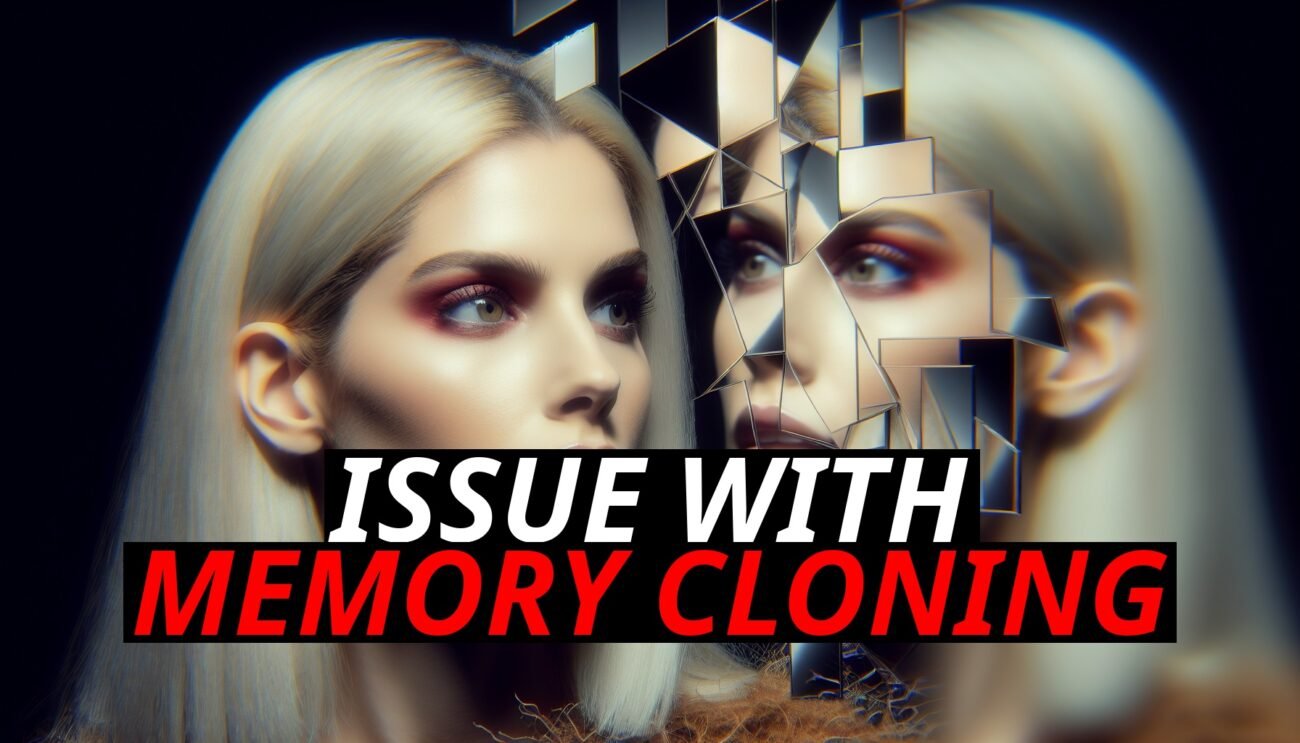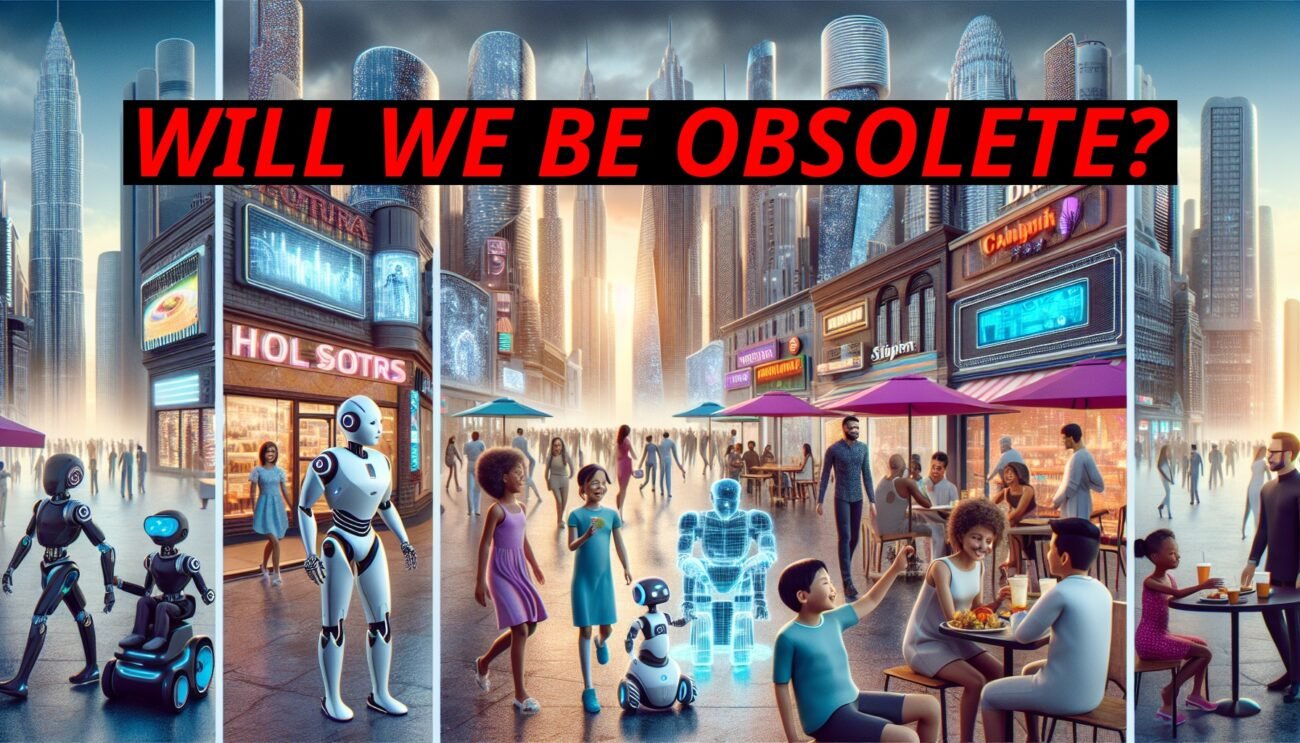Imagine waking up one day with a lifetime of memories—childhood joys, teenage struggles, adult achievements—only to realize that you never actually lived any of it. These memories, as vivid and real as they feel, belong to someone else. You’re a clone, a product of advanced technology designed to carry on the life of the original person. This unsettling scenario lies at the heart of The 6th Day, a film that delves into the ethical and psychological implications of memory cloning. But beyond the sci-fi thriller, The 6th Day raises profound moral questions: What happens when a clone inherits a life they’ve never lived? And what are the ethical consequences of creating a being who starts life with a past that isn’t truly their own?
The Illusion Of A Full Life
Memory cloning, as portrayed in The 6th Day, is a technological marvel that allows for the replication of not just a person’s physical form, but also their memories, personality, and experiences. The clone, upon waking, believes they are the original person, with no awareness of the life they never actually lived. This creates an illusion of continuity—a seamless transition from the original life to the clone’s existence.
But beneath this surface lies a troubling reality. The clone’s life is a patchwork of memories that they never truly experienced. They possess the knowledge and emotions associated with these memories, but they lack the lived experiences that give those memories meaning. This disconnect raises a critical ethical question: Can a life built on borrowed memories ever be considered a true life?
The Psychological Impact On The Clone
The psychological implications of memory cloning are significant and complex. For the clone, the realization that their memories are not their own can lead to a profound identity crisis. They may struggle with the knowledge that their entire sense of self is based on experiences they never lived. This can create feelings of alienation, confusion, and a deep sense of loss. The clone is, in essence, living a life that doesn’t belong to them, which can lead to an existential crisis—questioning the very nature of their existence.
Moreover, the clone’s ability to form new, authentic memories and experiences may be hindered by the overwhelming presence of the original’s past. They are constantly living in the shadow of another person’s life, with little room to develop their own identity. This raises a troubling question: Is the clone truly free to live their own life, or are they forever bound by the memories and expectations of the original?
The Moral Dilemma: The Ethics Of Creating A Memory Clone
The creation of a memory clone, as depicted in The 6th Day, brings with it a host of ethical dilemmas. The most pressing of these is the moral responsibility of those who create the clone. By bestowing a clone with the memories and personality of the original, the creators are imposing a life onto a being who had no say in its creation. The clone is not given the opportunity to form their own identity from the ground up; instead, they are burdened with a past that isn’t theirs.
This raises the question of whether it is ethical to create a being with a pre-determined identity. The clone, despite being a new individual, is expected to continue the life of the original, often without the freedom to make their own choices. This lack of autonomy is a significant ethical concern, as it reduces the clone to a mere extension of the original person, rather than recognizing them as a unique individual with their own potential for growth and development.
The Loss Of Lived Experience: A Life Unlived
One of the most poignant aspects of memory cloning is the loss of lived experience. The clone, despite having a full set of memories, has never actually lived through the events those memories represent. They have no personal experience of the formative moments that shaped the original person’s identity—no real childhood, no genuine relationships, no authentic struggles or triumphs. This absence of lived experience creates a hollow existence, where the clone is left to navigate a world they know but have never truly engaged with.
The loss of lived experience also raises questions about the value of life. Is a life built on borrowed memories as valuable as a life fully lived? Does the clone’s existence hold the same meaning as the original’s? These questions challenge our understanding of what it means to live a full life and whether a clone, burdened with another’s past, can ever truly experience the richness of life’s journey.
The Representation Of Memory Cloning In The 6Th Day
The 6th Day serves as a powerful exploration of the ethical and psychological implications of memory cloning. Through its portrayal of clones grappling with the reality of their existence, the film highlights the deep moral dilemmas associated with this technology. It forces viewers to consider the consequences of creating a being who begins life with a past that isn’t theirs, and the ethical responsibilities of those who wield such power.
The film also raises broader questions about identity, autonomy, and the nature of life itself. By presenting a world where memory cloning is possible, The 6th Day challenges us to think critically about the implications of such technology and the moral boundaries we must navigate in its pursuit.
Conclusion: The Ethical Cost Of Memory Cloning
Memory cloning, while a fascinating concept, carries with it significant ethical and psychological costs. The creation of a clone who inherits a life they never lived raises profound questions about identity, autonomy, and the value of lived experience. The 6th Day masterfully portrays these dilemmas, offering a cautionary tale about the dangers of playing with the fabric of life itself.
As we continue to explore the possibilities of cloning and other advanced technologies, it’s crucial that we carefully consider the ethical implications of our actions. The desire to preserve life and memory must be balanced against the moral responsibility to ensure that any beings we create are given the freedom to live their own lives, unburdened by the past of another. In the end, the true value of life lies not in the memories we carry, but in the experiences we live—and no clone, no matter how perfect, can replace the richness of a life fully lived.

